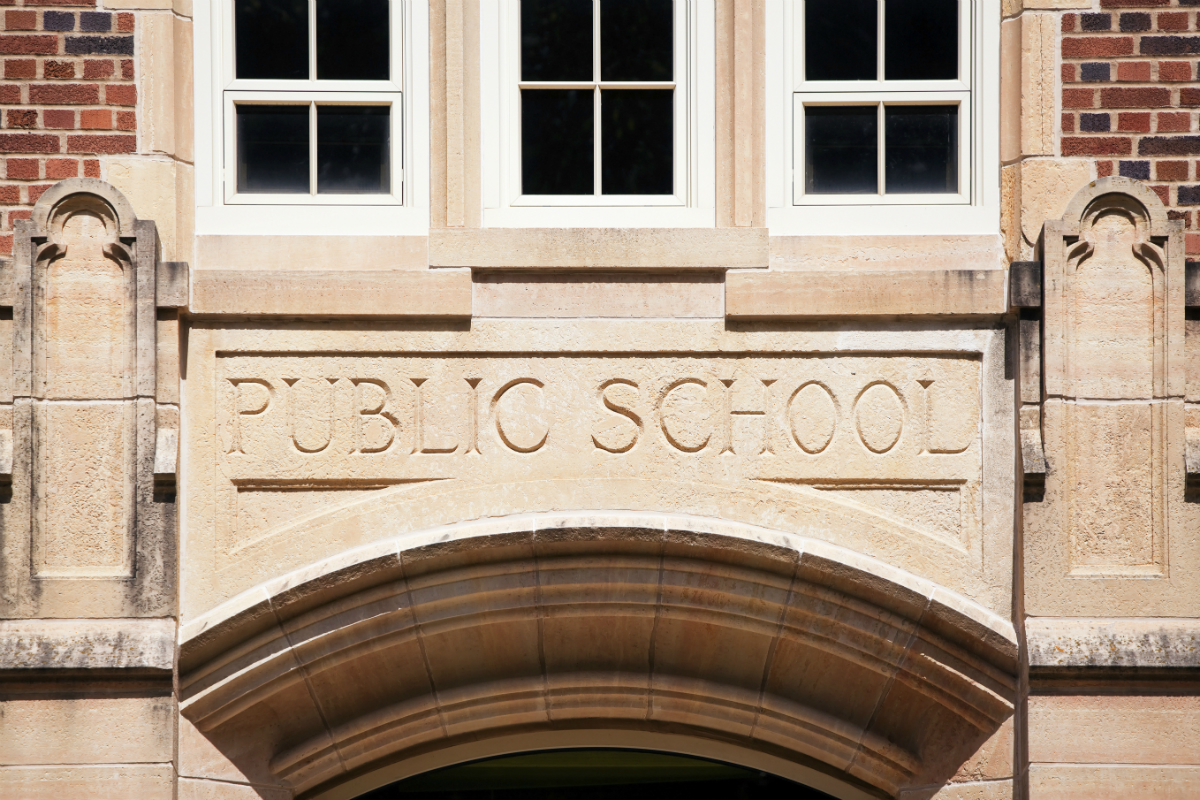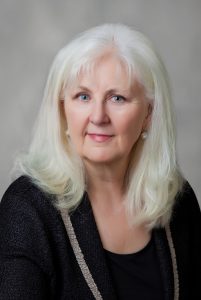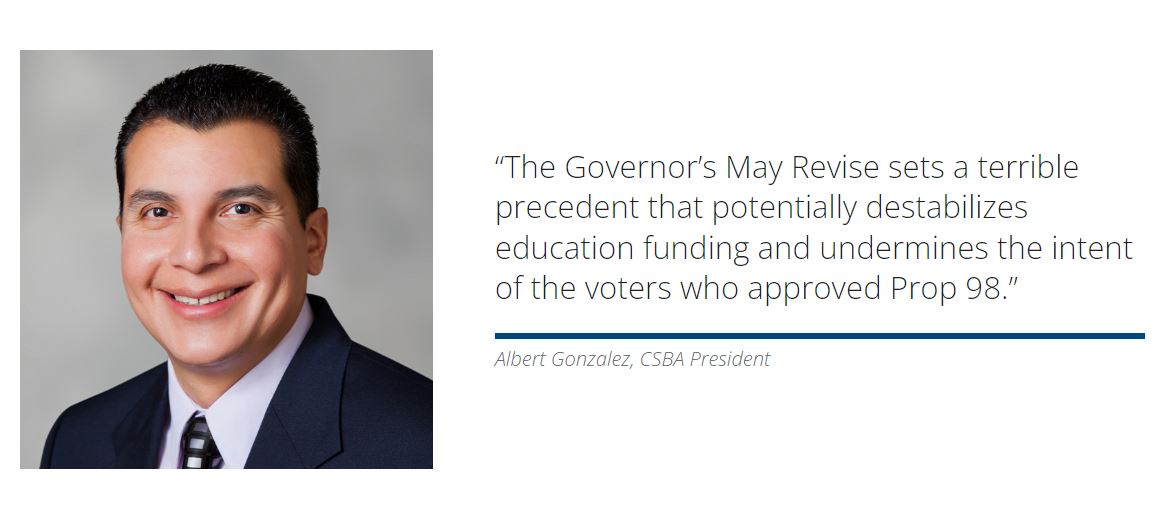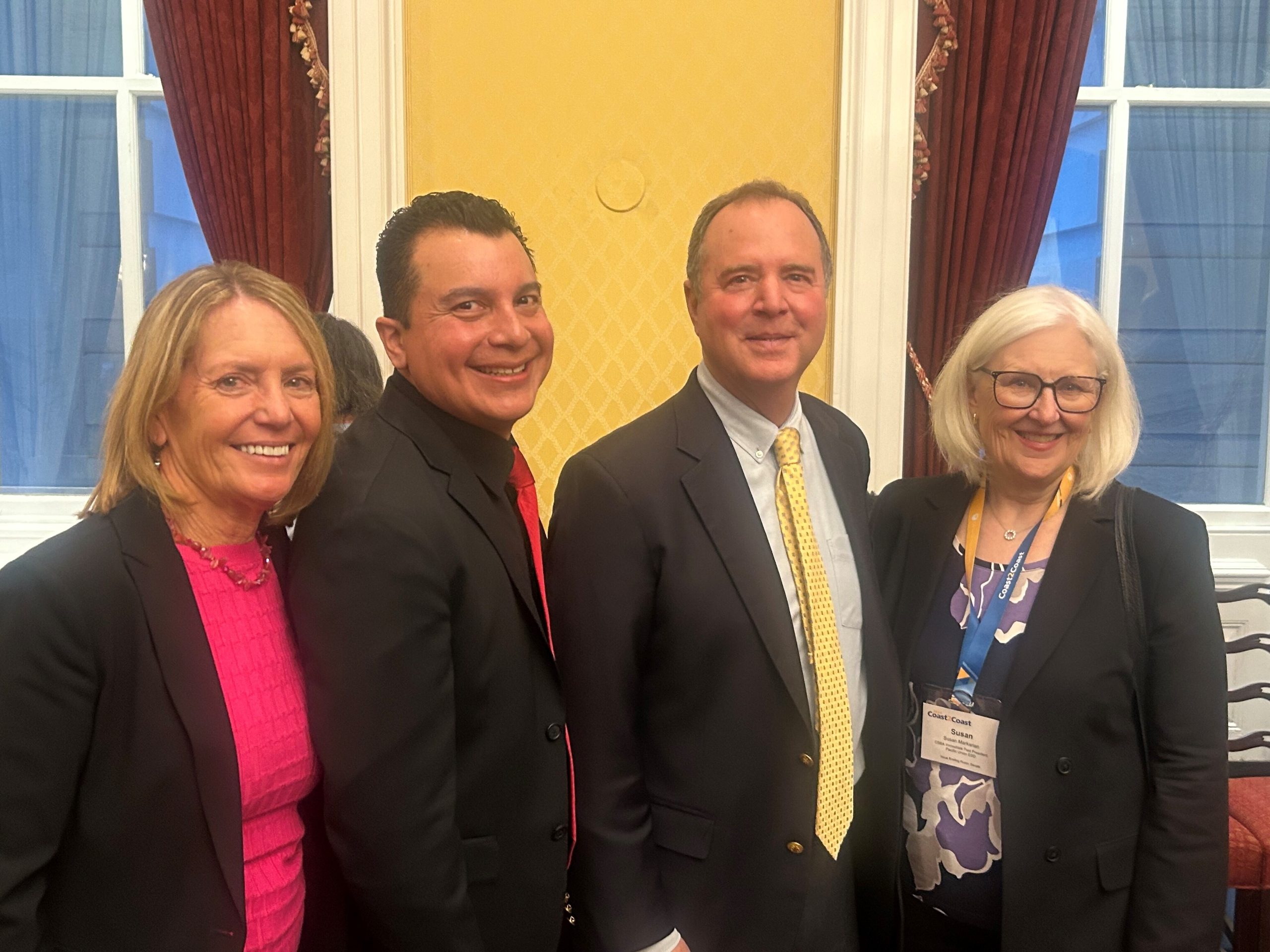By Susan Markarian, CSBA President
This month, newly minted graduates across California donned caps and gowns and walked the stage for commencement. The ceremonies closed the book on one chapter of life and signaled new horizons for thousands of our students. I’m sure we all remember high school, with varying degrees of fondness, as a time when life was in flux and we were forced into close quarters with various kinds of people, with different lifestyles and divergent beliefs. Some of these people we didn’t even like. Yet, for the most part, as we became upperclassmen, we learned to live with each other despite our differences.
It seems that this essential lesson from high school has been lost by many adults in today’s society, even by some district and county office of education board members who are responsible for the governance of TK-12 schools. I am finishing my 38th year as a trustee in the Pacific Union Elementary School District, my 24th year as a director of the Fresno County School Trustees Association, and my 18th year as a CSBA Director. During this period, I have witnessed many changes in the membership, some for the worse, but mostly for the better as trustees become more engaged, more committed and more proficient in performing their responsibilities. There is no question that a higher degree of professionalism exists among school trustees in the modern age.
Yet, it’s not all roses. Because along with greater commitment and professionalism across the country, we now see that some board members are more ideological and partisan. This is a dramatic change from my early days as a school board member and even from a decade ago. It is a concerning trend that, if left unchecked, can undermine the work of CSBA, California public schools and, most importantly, the students we are sending out into the world.
I don’t mean to suggest there was some mythical golden era where politics didn’t affect schools at all. Those days never existed. There was a time, however, when political conflict was a peripheral issue, not the defining aspect of the conversation around public schools. I understand that, as elected officials, trustees are chosen through a political process. I also realize that the general trend in American culture bends toward hostility between political parties and ideological groups, and that this tendency has infected the conversation around schools. It’s easy for board members to fall into this trap given the pressures of politics these days. Being an elected trustee is a difficult position that has gotten much harder in recent years.
I also know that district and county board members need to rise above the fray in order to fulfill their responsibilities as stewards of our public schools. Student needs, not adult conflicts, must be our guide as we chart a course toward a school system that provides a high-quality education for every student. Last month, CSBA’s Delegate Assembly gathered in Sacramento to discuss a number of critical issues, including the foundation of our collective work, the policy pillars. Our policy pillars reinforce an organizational commitment to strengthen local governance, secure fair funding, improve conditions of children and ensure achievement for all — the first two pillars being preconditions for the realization of the latter two.
The policy pillars provide a helpful framework for the work trustees perform in their local school districts and COEs. These are the basics — the reading, writing and arithmetic, the blocking and tackling of our profession, the unglamorous fundamentals — that pave the way for those celebratory moments like graduations that we all cherish. If we allow ourselves to become blinded by our ideological passions at the expense of our primary mission of caring for and educating children, we do ourselves a disservice. If we become distracted by the shiny baubles of the latest social media conflict or cable TV controversy, then we are less able to devote ourselves to the foundational work needed to strengthen schools and serve students.
It’s sometimes said that the adult world is just a bigger high school. I don’t subscribe to that. I expect more from the people we call grown-ups. I expect much more from those in leadership roles in schools. Like high school, we won’t all be best friends; we won’t all be part of the same clique. What we do need, however, is unity of purpose. As leaders, we must commit to putting policy and performance above politics and partisanship. That’s our graduation requirement as California school trustees.






